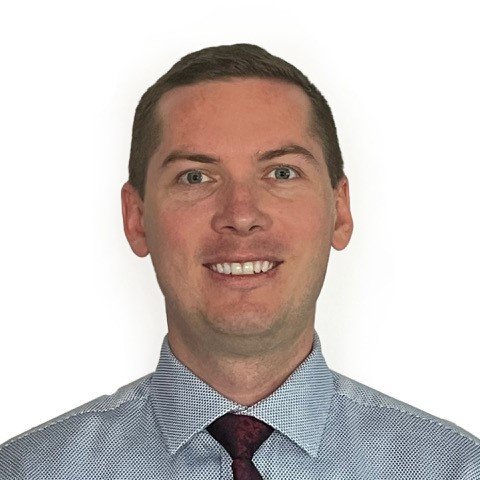MSc in Mathematical and Computational Finance - Alumni profiles
Many of our alumni have had highly successful careers at banks, hedge funds, and investment funds, including in leadership positions. In a survey of early career alumni (approximately 1-4 years after completing the MSc programme), the average annual compensation (salary and bonus) was 100,950 GBP. (We emphasize this is an estimate based upon a relatively small sample of alumni who responded to a survey.)
Our graduates have been recruited by prominent companies such as Barclays Capital, BNP Paribas, Citigroup, Credit Suisse, Deutsche Bank, Goldman Sachs, J.P. Morgan, KCG, Man-Group, Morgan Stanley, Nomura, Royal Bank of Scotland, Société Géneral, Squarepoint Capital, Systematica, and UBS. Many of our past students have progressed to PhD-level studies at leading universities worldwide, including Stanford University, Princeton University, UC Berkeley, University of Oxford Mathematics, and Imperial College London.
Ambroise Desplechin
Quantitative Analyst at Nomura International MSc MCF 2009
|
Claire Qin
FX Desk Quant at Morgan Stanley MSc MCF 2010
|
Sylvestre Burgos
Quant Analyst at JP Morgan, formerly DPhil student at the University of Oxford MSc MCF 2009
|
Jason Zhao
Quant trader at Barclays Capital, formerly at J.P. Morgan and Goldman Sachs MSc MCF 2010
|
Juraj Spilda
PhD Student MSc MCF 2010
"This MSc definitely made a significant contribution to me geting a job quickly after graduation despite a tough environment."
Cheng ZhuPhD student at McGill University, formerly Quantitative Credit Risk Analyst at EDF Trading MSc MCF 2011 "The MSc MCF is perfectly structured in three main aspects: mathematical essentials; financial markets; and numerical methods.
Zhenru WangDPhil student at The Mathematical Institute, Oxford University MSc MCF 2015 "This MScMCF helped me build not only skills in maths finance for going to the industry, but also provide me with a solid foundation to further continue my DPhil studies. The materials are well adjusted to the current trend in the quant world, and the courses are well balanced between theory and practice. The dissertation project in the Trinity term gave me such an excellent opportunity to work with my supervisor. I enjoyed it very much, and thus I continued my studies."
Oliver Sheridan-MethvenOliver Sheridan-Methven - MSc student at Imperial College London, - Formerly Quantitative Developer at Citadel Securities - Formerly DPhil Student at the University of Oxford’s Mathematical Institute (InFoMM CDT). MSc MCF 2016
"I graduated from the MSc in 2016, previously having done a masters in physics. I was unsure if I wanted to pursue a career or a PhD, and the MSc was ideal for preparing me for either. The syllabus was strong on both the theory and practical side, requiring large amounts of programming. The research projects at the end were a great opportunity to focus on the more interesting topics. During the MSc I interned at Man AHL working in fixed income and data innovations, for which the MSc provided a good base of knowledge both in theory and practical skills. Since the MSc I completed a DPhil at Oxford in applied mathematics focusing on stochastic simulation techniques, and was involved in teaching subsequent MSc MCF cohorts. After completing the DPhil, I worked at Citadel Securities as a quantitative developer in their advanced scientific computing team. Currently I am undertaking an MSc in Advanced Computing at Imperial College London. The main strengths of the course are the introduction to stochastic calculus, applications in derivative pricing and LIBOR models, and teaching C++ programming skills and effective programming practices."
Saad Labyad
|
Olivia Pricilia |









